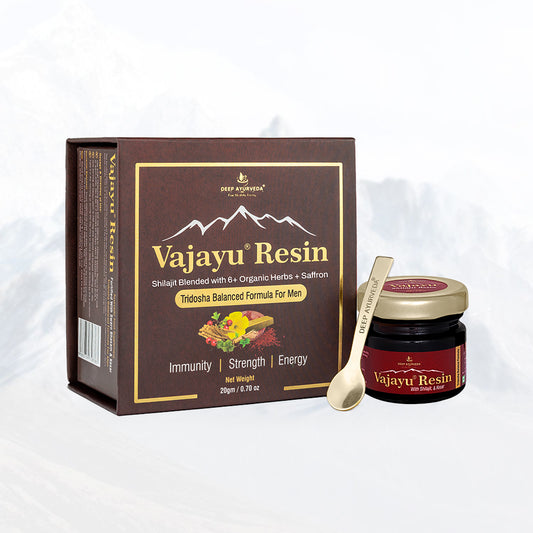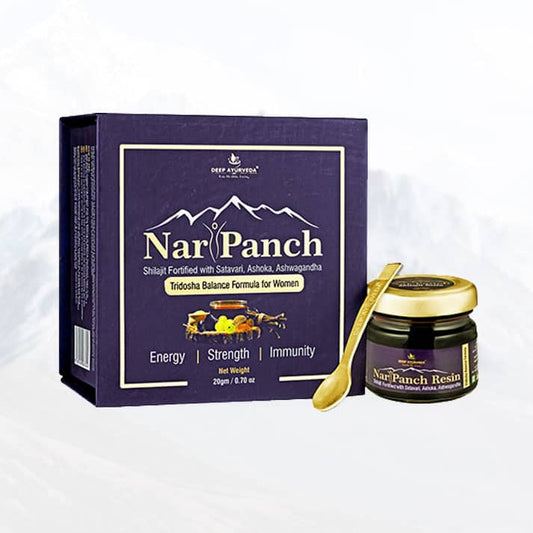Introduction
“Gut health” has become a buzzword in the wellness world, but in reality, it is the very foundation of our overall well-being. A healthy digestive system is not just about breaking down food; it’s about absorbing essential nutrients, balancing gut bacteria, regulating immunity, and even influencing mood and energy levels. Poor digestion, on the other hand, can manifest as bloating, constipation, acid reflux, fatigue, and even chronic health concerns if neglected.

Fortunately, there are natural ways to improve gut health and digestion without solely relying on chemical-based medications. From time-tested dietary habits to lifestyle modifications, nature offers us holistic solutions to restore harmony within our digestive system.
In this article, we will explore the best natural remedies, foods, and lifestyle practices to strengthen gut health and enhance digestion—so you can live lighter, healthier, and more energetic.
Why Gut Health Matters

Your digestive tract is home to trillions of microorganisms, often referred to as the gut microbiome. These beneficial bacteria play crucial roles in:
-
Breaking down complex foods.
-
Producing essential vitamins like B12 and K.
-
Supporting immunity and protecting against harmful pathogens.
-
Regulating mood through the gut-brain axis.
When your gut flora is balanced, digestion becomes smoother, energy levels improve, and inflammation decreases. But poor diet, stress, overuse of antibiotics, and sedentary habits disrupt this balance, leading to digestive issues.
That’s why adopting natural ways to improve gut health can make a lasting difference.
Natural Ways to Improve Gut Health and Digestion
1. Eat Fiber-Rich Foods

Dietary fiber acts as fuel for good bacteria in the gut. High-fiber foods such as whole grains, beans, lentils, leafy greens, fruits, and seeds promote bowel regularity and prevent constipation.
-
Soluble fiber (found in oats, flaxseeds, apples) absorbs water and softens stools.
-
Insoluble fiber (in wheat bran, vegetables) adds bulk and speeds up bowel movement.
Including both types of fiber is one of the most effective natural ways to support digestion.
2. Embrace Fermented Foods
Fermented foods are rich in probiotics—live bacteria that help restore healthy gut flora. Adding them to your diet can ease bloating, gas, and indigestion.
-
Examples: Yogurt, kefir, sauerkraut, kimchi, miso, kombucha, and pickles.
These natural probiotics improve digestion by replenishing good microbes in the intestines.
3. Stay Hydrated
Water is essential for breaking down food and moving nutrients smoothly through the digestive tract. Dehydration often leads to constipation, acidity, and sluggish digestion.
-
Aim for at least 8–10 glasses of water daily.
-
Herbal teas like ginger tea, peppermint tea, or fennel tea also enhance digestion.
4. Incorporate Ayurvedic Herbs and Spices
Ayurveda places digestion at the center of health, emphasizing the importance of a strong Agni (digestive fire). Certain herbs and spices naturally stimulate digestion:
-
Ginger: Reduces bloating and improves absorption.
-
Turmeric: Anti-inflammatory and supports liver health.
-
Fennel seeds: Relieve gas and indigestion.
-
Triphala: A classical Ayurvedic formula for detoxification and smooth bowel movement.
Adding these herbs to meals or as supplements can significantly improve gut health naturally.
5. Practice Mindful Eating
Modern lifestyle has turned eating into a rushed activity, often accompanied by screens. Eating too quickly hampers digestion and increases bloating.
-
Chew food thoroughly—saliva contains enzymes that initiate digestion.
-
Eat in a calm environment without distractions.
-
Avoid overeating and listen to your body’s signals.
Mindful eating not only improves digestion but also enhances satisfaction and prevents unnecessary cravings.
6. Manage Stress for a Healthy Gut
Stress directly affects the gut-brain connection, leading to indigestion, acidity, and irritable bowel syndrome (IBS).
Natural stress-management practices include:
-
Yoga and meditation for calming the mind.
-
Pranayama (breathing exercises) like Anulom Vilom and Bhramari.
-
Spending time in nature or practicing hobbies.
When stress reduces, digestion automatically improves.
7. Get Enough Sleep
Your gut needs adequate rest to function optimally. Poor sleep disrupts gut bacteria and slows down digestion.
-
Aim for 7–8 hours of quality sleep.
-
Maintain a regular sleep schedule.
-
Avoid eating heavy meals right before bedtime.
8. Stay Physically Active
Movement enhances digestion by stimulating intestinal activity. Even light activities like walking after meals can prevent acidity and bloating.
-
Yoga poses like Pawanmuktasana (Wind-relieving pose), Vajrasana (Diamond pose), and Bhujangasana (Cobra pose) are excellent for gut health.
-
Regular exercise also maintains a healthy weight, further reducing digestive issues.
9. Limit Processed and Junk Foods
Excessive consumption of processed foods, refined sugar, fried items, and carbonated drinks disrupts gut bacteria, causes inflammation, and weakens digestion.
Instead, opt for whole, natural, and seasonal foods that provide both nourishment and gut-friendly fibers.
10. Use Natural Detox Practices
Occasional detox helps cleanse the gut of accumulated toxins (Ama in Ayurveda). Natural detox methods include:
-
Drinking warm lemon water in the morning.
-
Consuming herbal teas like ginger-tulsi or cumin-coriander-fennel decoction.
-
Ayurvedic Panchakarma therapies (under expert guidance) for deep detoxification.
Sample Daily Gut-Friendly Routine

-
Morning: Start with warm water + lemon.
-
Breakfast: Oats with flaxseeds and fruits.
-
Mid-morning: A glass of buttermilk or kefir.
-
Lunch: Brown rice, dal, sautéed vegetables with turmeric and cumin.
-
Evening: Herbal tea with nuts or seeds.
-
Dinner: Light soup or khichdi with ginger.
-
Before Bed: A small amount of warm turmeric milk or Triphala.
Myths vs Facts About Gut Health
-
Myth: All bacteria in the gut are harmful.
Fact: Many bacteria are beneficial and essential for digestion.
-
Myth: Skipping meals helps digestion.
Fact: It weakens digestive fire and slows metabolism.
-
Myth: Probiotic supplements are the only way to improve gut health.
Fact: Natural foods and lifestyle play a bigger role than just supplements.
Long-Term Benefits of a Healthy Gut

By following natural methods, you can experience:
-
Improved digestion and nutrient absorption.
-
Stronger immunity and reduced infections.
-
Better mental health and mood balance.
-
Higher energy and reduced fatigue.
-
Healthy weight management.
A well-functioning digestive system translates into overall health, vitality, and longevity.
Conclusion
Your gut is more than just a digestion center—it is the engine of your health. By adopting natural ways such as a fiber-rich diet, probiotics, Ayurvedic herbs, mindful eating, stress management, and active living, you can improve digestion and restore harmony to your entire body.
Remember, gut healing takes consistency and patience. Start with small lifestyle changes and gradually build them into daily habits. Your body will thank you with better energy, glowing skin, sharper focus, and disease resistance.
Take the natural path—heal your gut, and you heal your life.







